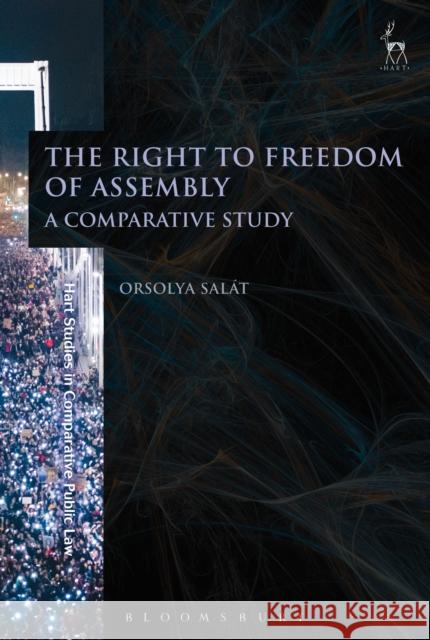The Right to Freedom of Assembly: A Comparative Study » książka
The Right to Freedom of Assembly: A Comparative Study
ISBN-13: 9781509916016 / Angielski / Miękka / 2017 / 314 str.
The Right to Freedom of Assembly: A Comparative Study
ISBN-13: 9781509916016 / Angielski / Miękka / 2017 / 314 str.
(netto: 186,53 VAT: 5%)
Najniższa cena z 30 dni: 193,46
ok. 30 dni roboczych.
Darmowa dostawa!
Now available in paperback In legal decisions and commentary, freedom of assembly is widely cherished as a precious human right and as indispensable for the preservation of democratic governance. But, despite this rhetoric, assemblies are subject to extensive regulation (such as prior restraints) and restrictions on the time, place, and manner of assemblies. This comparative study examines five influential jurisdictions and reveals similarities and inconsistencies between them. It shows that the freedom of assembly is often subjugated to freedom of expression in a way that disregards the expressive potential of assemblies. These shortcomings include the misconstrued content neutrality and public forum doctrines in the US, blanket bans and other restrictions based on intangible and distant harm in the UK, preventative restrictions and viewpoint discrimination in Germany, and the uncertain status of freedom of assembly and opaque judicial reasoning in France. Such inconsistencies also present challenges for the European Court of Human Rights in developing a coherent assembly doctrine. This book argues that it is time for jurisprudence to move away from a narrowly focused concept of expression, and recognize the creative and expressive value of freedom of assembly. (Series: Hart Studies in Comparative Public Law) Subject: Comparative Law, Public Law, Human Rights Law]











